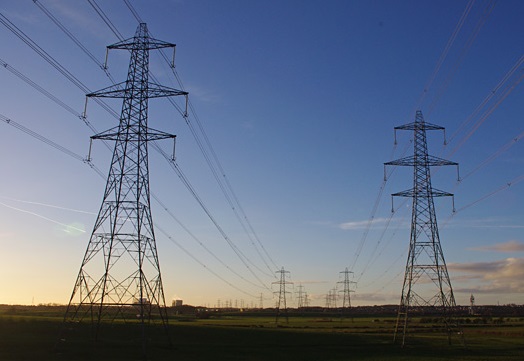By Jennifer Danis,
Yesterday, the Sabin Center, Environmental Defense Fund, and New Jersey Conservation Foundation submitted comments to the New Jersey Board of Public Utilities (“BPU”) proceeding investigating the state’s current and mid-term future supply and demand for gas. (NJBPU Docket GO20010033.) The comments recommend that BPU commence a long-term gas planning proceeding, and require gas utilities to seek prior approval before taking contracts supporting new pipeline capacity.
In response to ongoing dialogue with energy experts and advocates and state gas utilities, the BPU retained an independent expert, London Economics, International (“LEI”), to study whether New Jersey gas distribution utilities needed additional fossil fuel pipeline capacity to serve their customers. LEI’s conclusion that no new capacity was needed was unsurprising to clean energy experts and advocates, but ran contrary to state gas utilities’ claims. Now, formalizing data and analyses showing no new gas capacity is needed through this regulatory proceeding provides a clear signal to gas utilities that their days of unchecked infrastructure-based growth are over. It is critical that BPU quickly provides clear guidance and frameworks to its gas utilities to help them chart their paths forward, as other states are beginning to do, through an open and transparent gas supply planning proceeding.
As the Regulatory Assistance Project has explained, state public utility commissions have significant work to do to realign their historic roles with state laws requiring greenhouse gas reductions and clean energy transitions. The New York Public Service Commission is well underway in its process attempting to do just that; and new state legislation is being proposed to both support and expedite the energy transition. The situation in New Jersey is different: while New Jersey’s BPU has a statutory mandate to ensure that its utilities are serving customers in a manner that conserves and preserves the environment, in many ways, this legislative command has laid dormant and not been operationalized.
The Sabin Center, Environmental Defense Fund, and New Jersey Conservation Foundation have taken an active role in these proceedings to recommend next steps for BPU to take based on LEI’s conclusion that New Jersey’s gas distribution utilities do not need any additional supply capacity out to 2030, so long as they undertake proper planning. Why is planning so essential? It’s not just to meet climate and clean energy goals – although meeting those are critical. It’s also to ensure that ratepayers don’t end up footing the bill for infrastructure that is not only unnecessary to meet demand, but continues to push climate and clean energy goals out of reach. Low and moderate income ratepayers – those who are least able to be early adopters of clean energy technology, and who disproportionally suffer from climate change’s worst impacts – will be increasingly at risk without BPU taking an active role in utility planning for gas transition. Gas utilities now have to be held accountable, and BPU should deploy the recommendations set out in our comments to ensure that the state’s transition away from fossil fuels is economic, orderly, and expeditious.
Tiffany is the Communications Associate at the Sabin Center for Climate Change Law.



